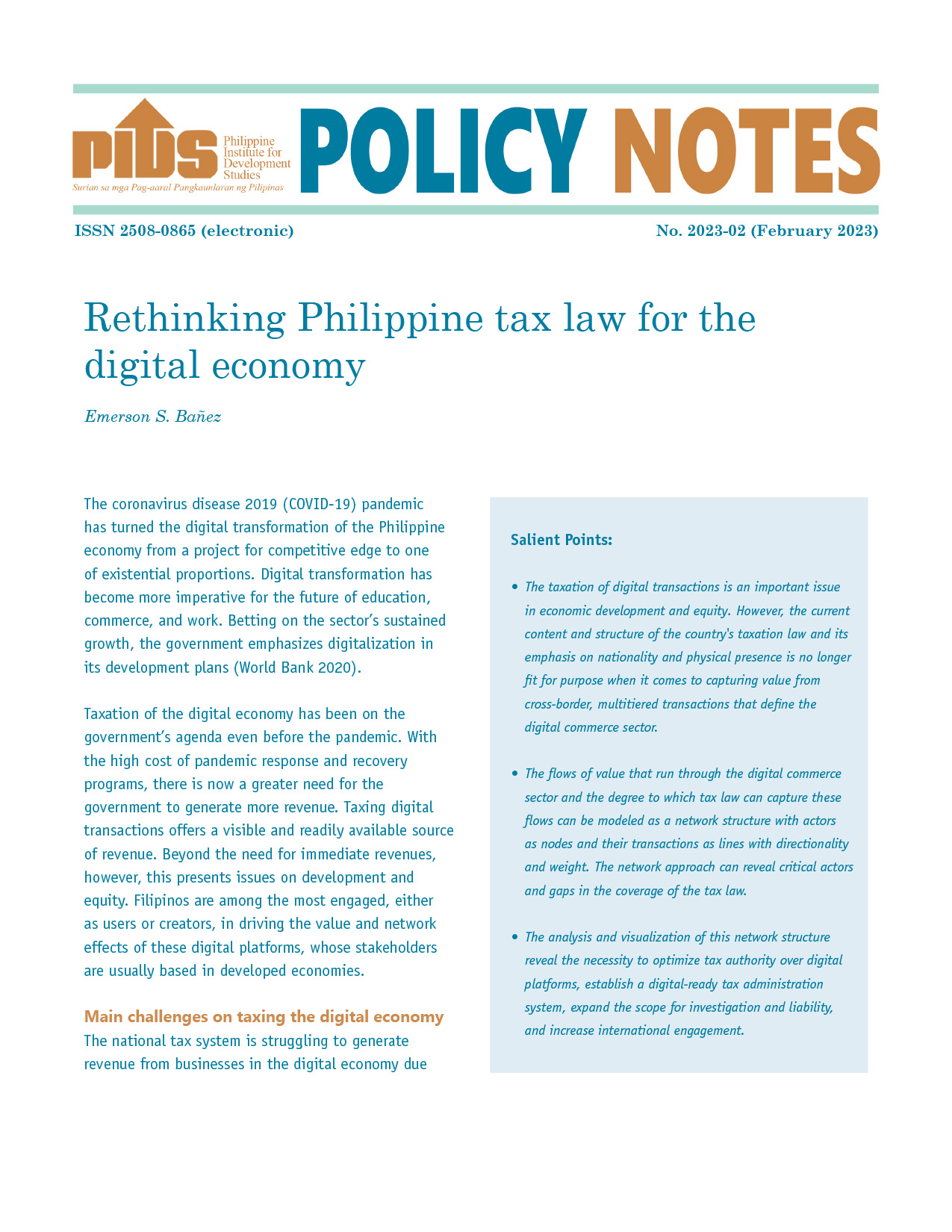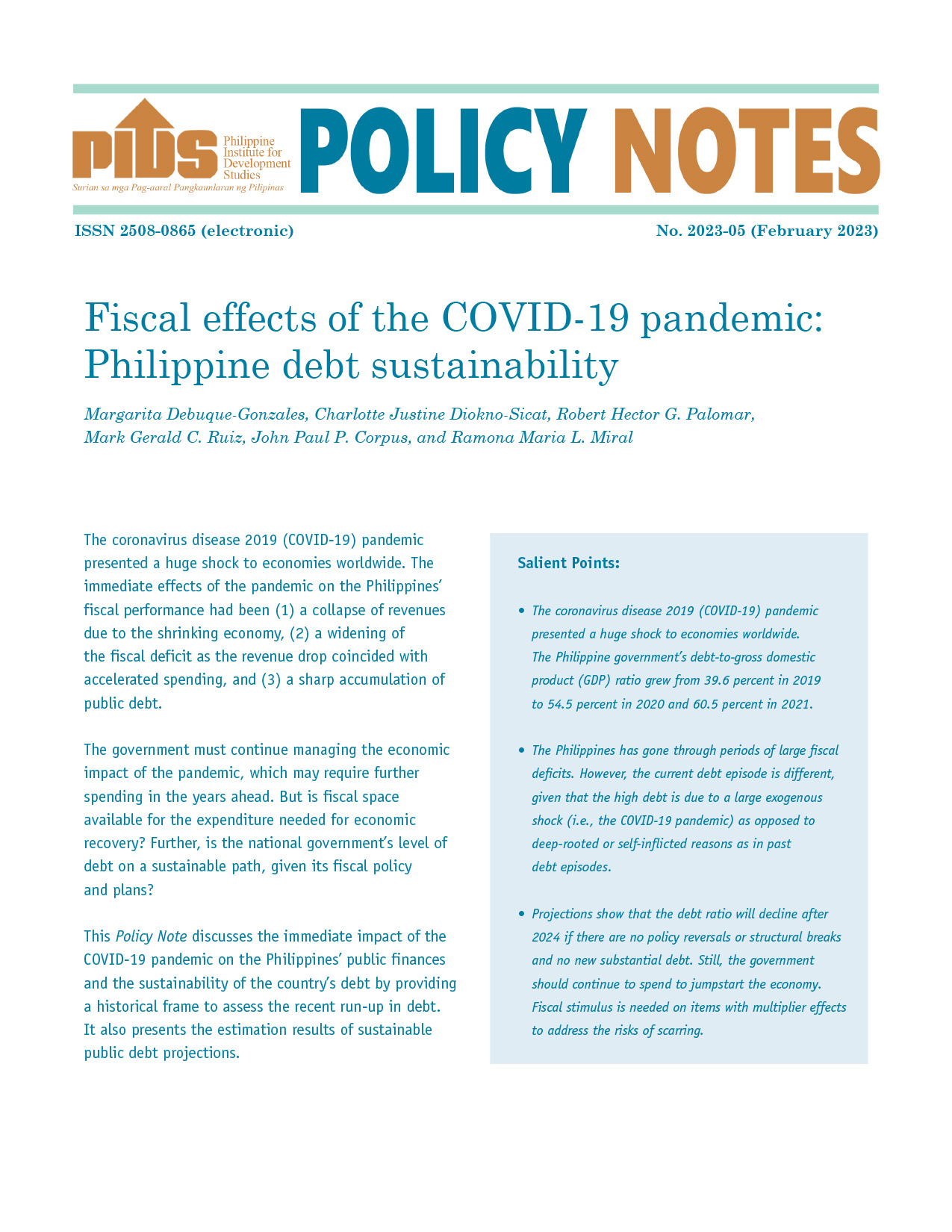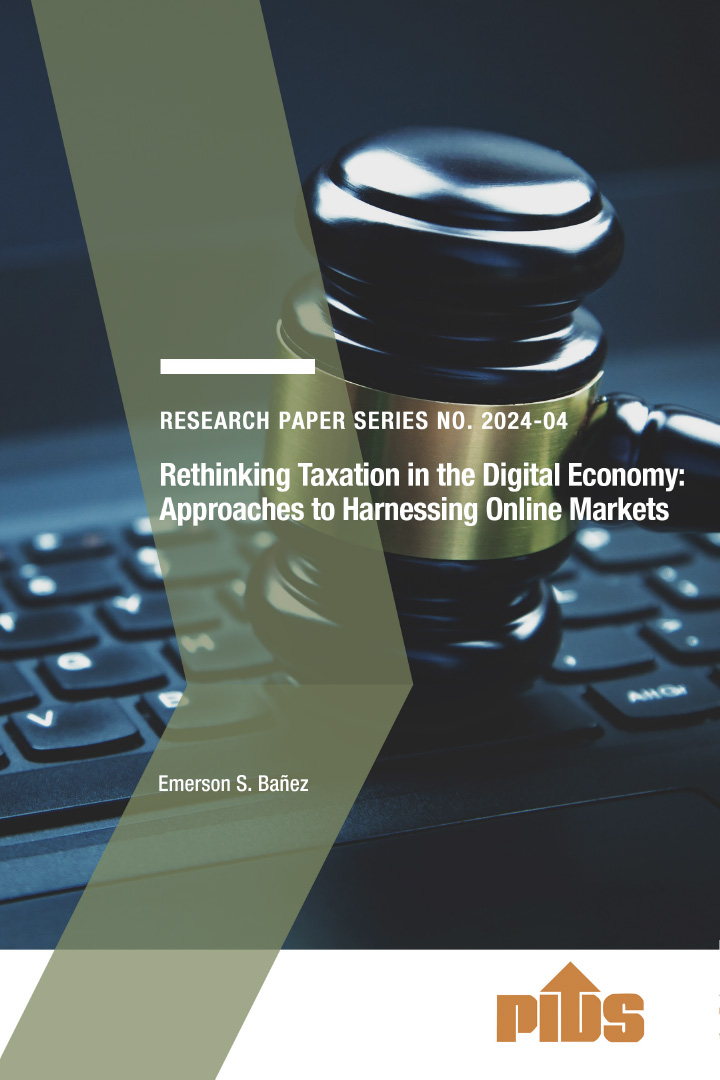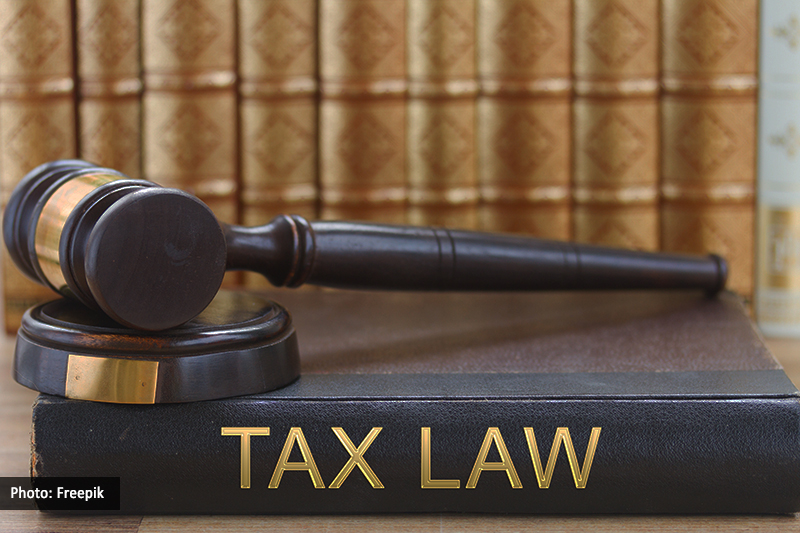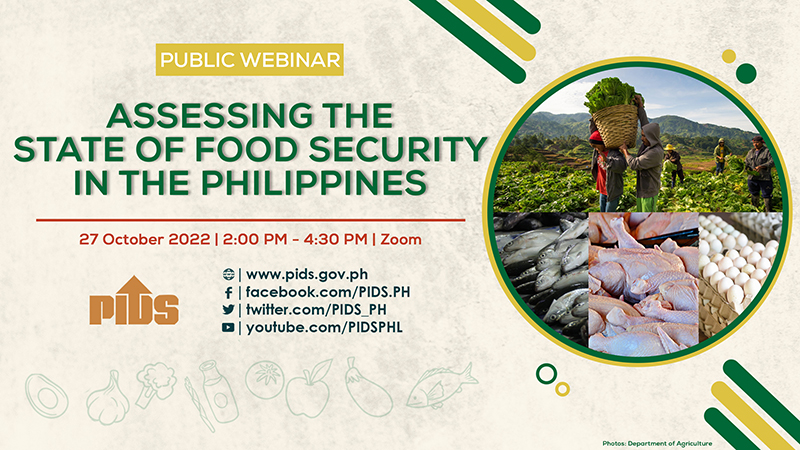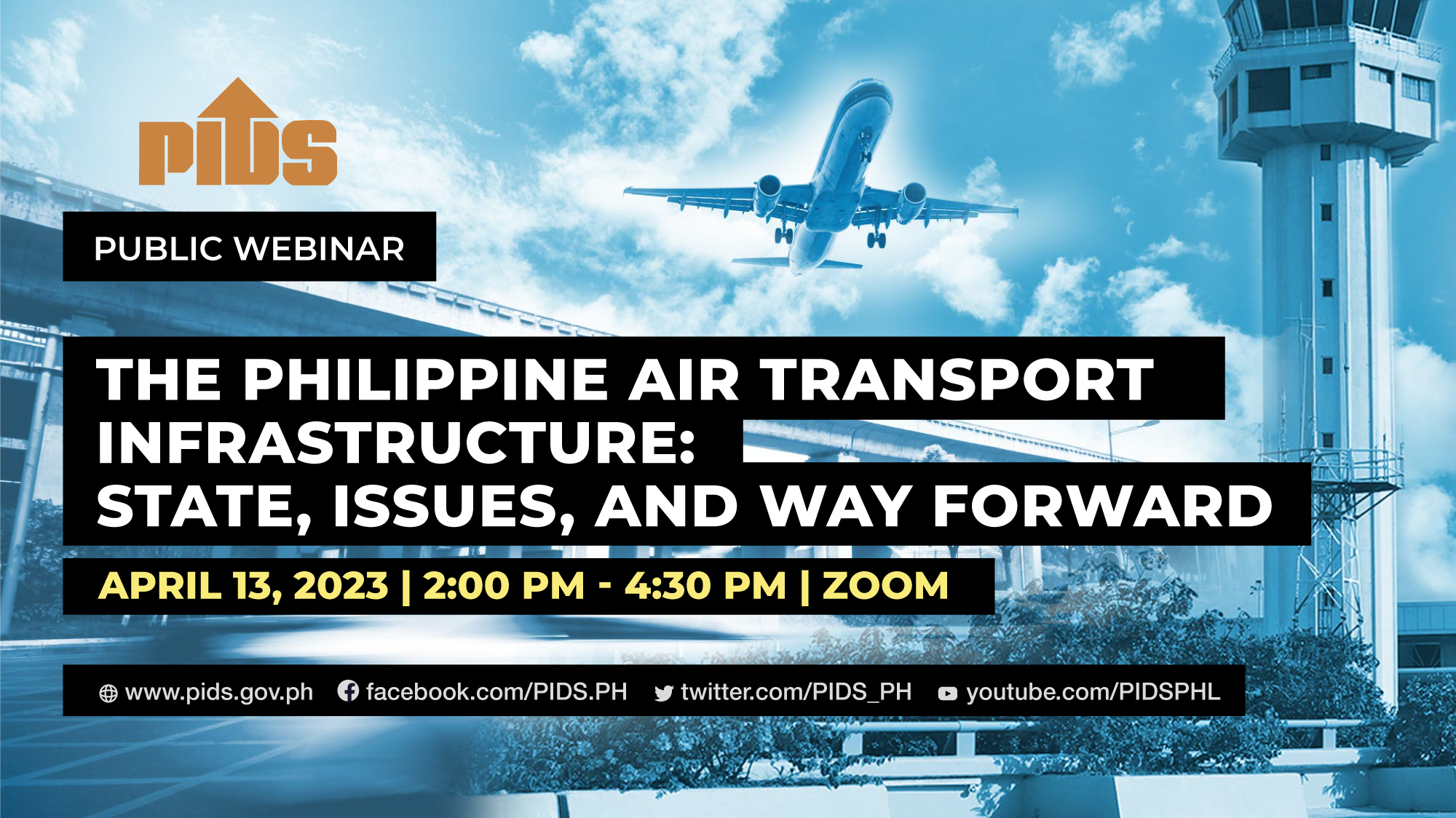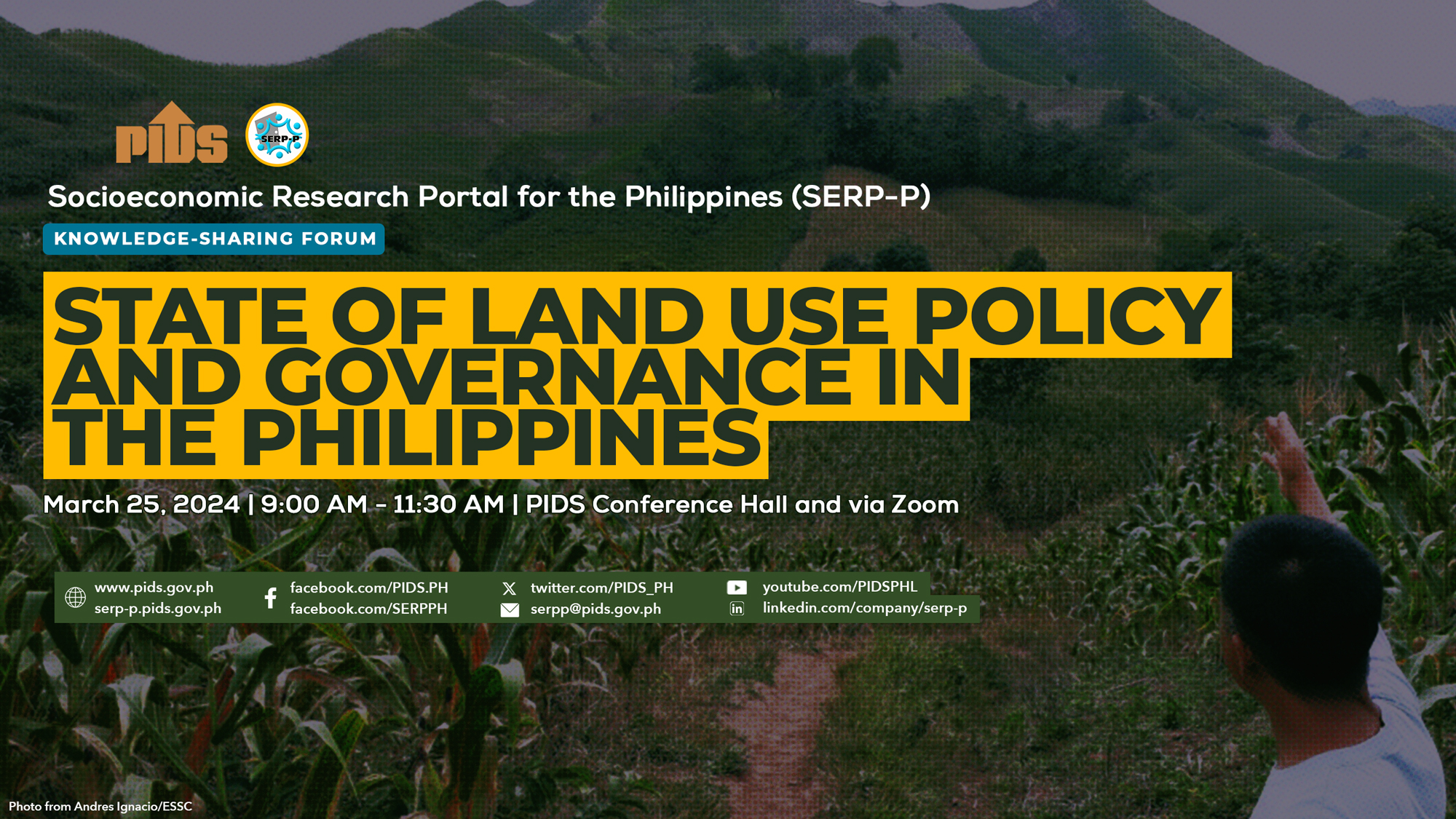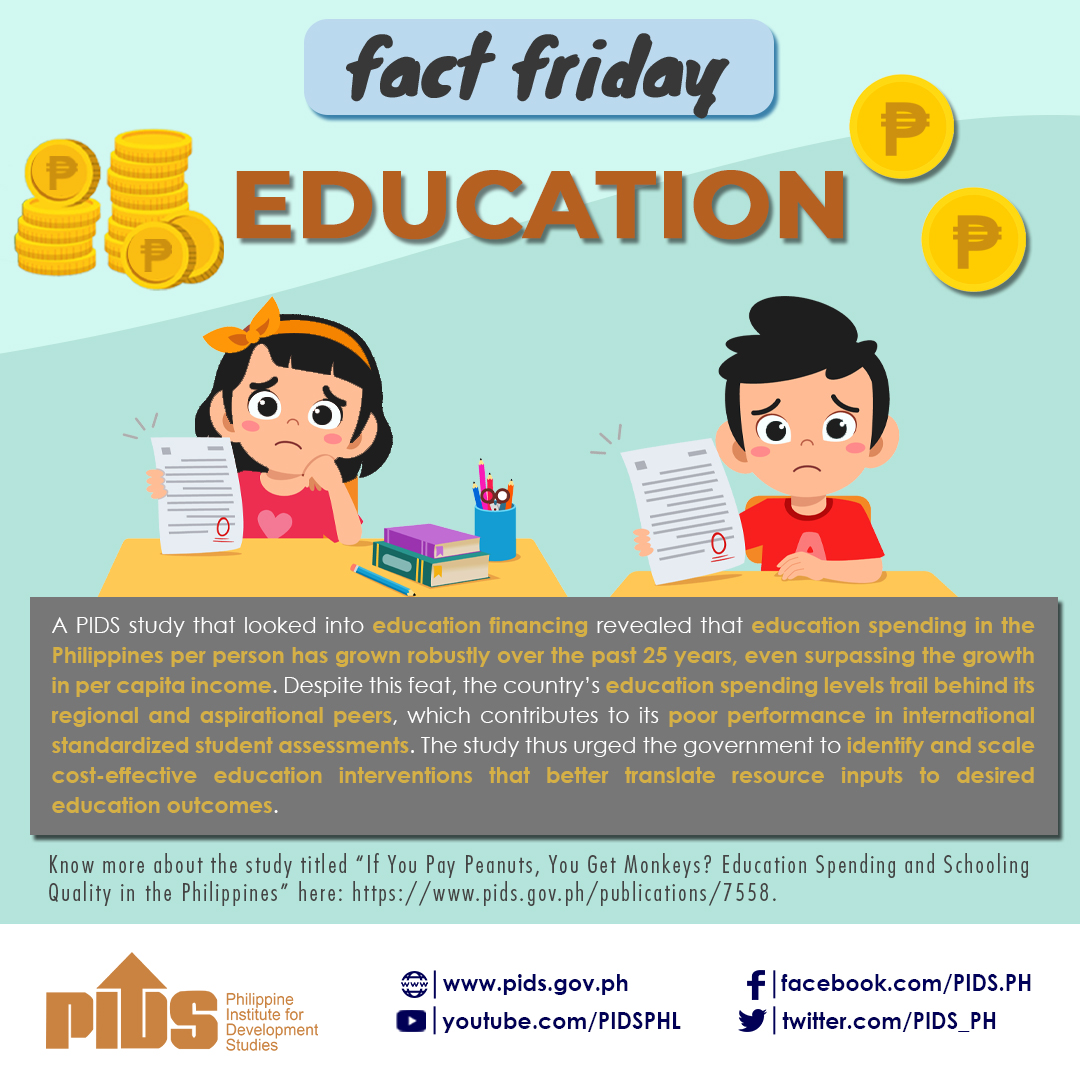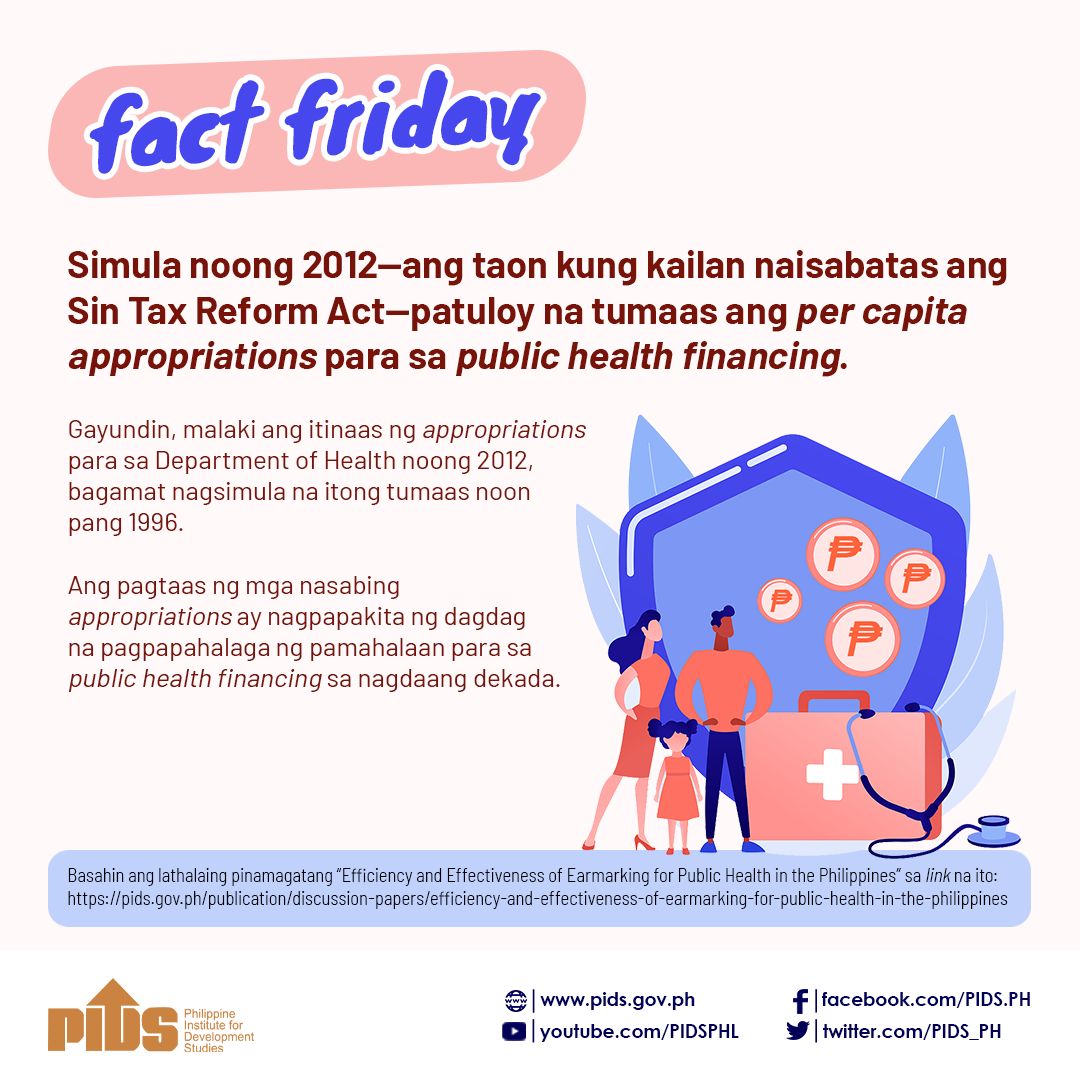AS I have indicated in my earlier article, enhancement of tax administration and not new tax imposition laws is my preferred option in tax financing a bankrupt state. The Department of Finance has presented to the incoming administration a series of suggestions for a fiscal consolidation and resource mobilization program. These encompass both tax administration and tax legislation measures (https://www.dof.gov.ph/fiscal-consolidation-and-resource-mobilization-plan-necessary-to-reverse-p3-2-t-covid-related-debt-and-recover-from-economic-crisis-dof/).
I have presented several recommendations for improving the tax administration processes, systems, and structure in this series. These are doable actions, especially with the assistance of digital tools and solutions, and a change of mindset among the stakeholders in the tax community. It is high time that the talks and plans on improvement of the tax system be immediately implemented and the outcomes and benefits secured.
I hasten to mention that if at all tax legislation may have to be pursued, I submit that laws be enacted for streamlining the tax administration eco-system. This process should involve a whole of tax community approach. This should be a collaborative effort consisting of the government think tanks (the Senate Tax Research Office, the Congressional Policy and Budget Research Department, Philippine Institute of Development Studies, and National Tax Research Center), the private sector advocacy groups (Tax Management Association of the Philippines, Philippine Chamber of Commerce and Industry, Philippine Institute of Certified Public Accountants, and Integrated Bar of the Philippines), and of course, the taxpayers.
The legislative tax measures can follow the initiative of the United States in 2018 of reimagining the Internal Revenue Service to put taxpayers first (https://www.irs.gov/taxpayer-first-act); passing laws on anti-tax abuse and tax-avoidance measures similar to what are developing in a number of coutries; and legislating an effective whistleblowers program, to encourage tax informants to disclose tax evasion practices.
I wind up my 12-part series by thinking aloud that there is hope for a bankrupt state to recover. This should be doable in the shortest time possible. Quick wins and low-hanging fruit solutions should be pursued. The use of available digital tools (not necessary a long term transformation) should be part of the recovery process. A change of mindset, a collaborative effort of stakeholders in the tax community, and an innovative way to effect marked improvements will go a long way towards enhancing tax administration to finance a bankrupt state.

